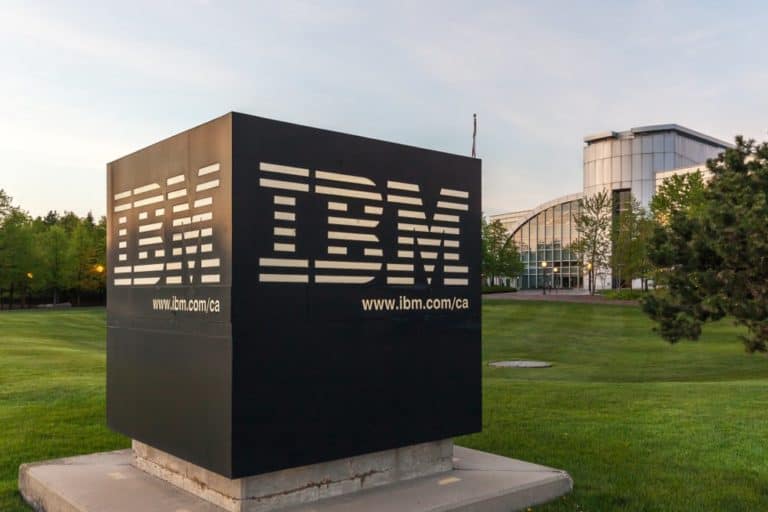IBM plans to add a new feature to its Weather Channel app. It should make use of the many sensors on the smartphones of users of the app, in order to be able to provide very local weather forecasts. The timing of this plan is striking: at the moment, IBM is dealing with an indictment that revolves around the way the company uses data.
The city of Los Angeles sued IBM earlier this week. The city accuses the company of collecting their data without informing users. However, during the CES, the company announced a new service: the Global High-Resolution Atmospheric Forecasting System, or GRAF.
Very accurate
According to IBM, GRAF could offer the most accurate weather forecast worldwide. It is a very local service, which has cut the world into blocks of three kilometres in order to make predictions. For this purpose, the whole group collects 10 terabytes of data per day. In exchange, updates are released every hour.
The service should become active in the course of this year and according to IBM’s CEO Ginny Rometty will provide very accurate weather forecasts. Whether you’re a farmer in Kenya or Kansas, you get a much better weather forecast, says Rometty. But the data can also be used in other ways.
This would enable airlines to better predict where an aircraft might be affected by turbulence. It would also allow insurance companies to better prepare for heavy weather and companies working on repairing storm damage, for example, could better prepare for the aftermath of such heavy weather.
With permission
The data would only be used with permission and collected using the 100 million users of the Weather Channel app. The data then ends up in one of the IBM Power9 supercomputers, which are also used by the U.S. Department of Energy. These supercomputers process all the data and make appropriate predictions of it.
This news article was automatically translated from Dutch to give Techzine.eu a head start. All news articles after September 1, 2019 are written in native English and NOT translated. All our background stories are written in native English as well. For more information read our launch article.